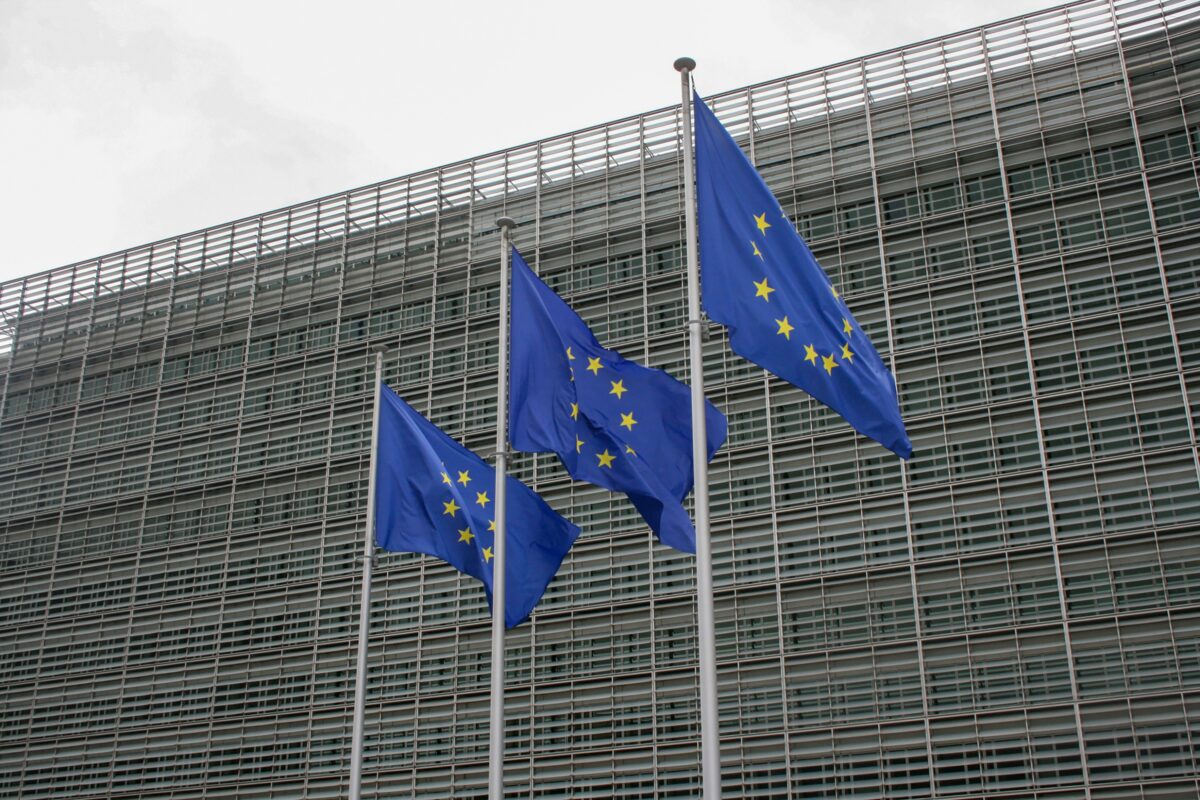A practical tool kit for Product-as-a-Service models
The Sustainable Finance Lab, Circle Economy, Fairphone, PGGM, ING, ABN AMRO, NBA, Allen & Overy, and Circularise, have teamed up within a Community of Practice and launched the report The Circular Phone, that provides practical answers to common financing pitfalls for circular businesses, using Fairphone as the real-life example. All learnings and contract templates created during the project are now available open-source and ready for other companies to apply to their products.
Shifting ownership to design better products
While the circular economy is gaining momentum all across the world, the urgency to actually implement circular business models remains a challenge. One of the most promising ideas to bring circularity to life, is the “Product-as-a-Service” models. They focus on use and service, rather than on the product itself. This incentivises companies to create high-quality and durable products, while customers enjoy the performance of a product without the hassle. So far, businesses striving to implement “Product-as-a-Service” models have had the challenge of reconciling the need to find financing parties with the complexities of their own business model.
The difficulty in finding financing for “Product-as-a-Service” models
It has proven to be very challenging to create a financial model for complex “Products-as-a Service” models. This is especially true when the product involved has components that can be cycled infinitely, because current reporting tools are not equipped to deal with this circular way of thinking. Businesses often lack the expertise to provide financiers with the financial impact of their circular business model, leaving them unable to convince financiers of its soundness. The lack of a proof of concept of the business model leaves difficulties for financiers four sound decision making.
“The work with Fairphone is going in depth into the challenges the transition to a circular economy poses. All experts of this Community of Practice have contributed energy and knowledge to solve a concrete problem at hand. We use this to build open source tools – for example a first circular service contract – that can be used to all those interested to implement and scale their circular impact. “
– Harald Friedl, CEO Circle Economy
A Circular Fairphone Service for Companies
This report highlights the learnings generated during a six month project with the Amsterdam based company Fairphone, known for its ethical sourcing and circular practices, as the real-life example.
“Fairphone 2 was a breakthrough in the industry for circular product design; its modularity provided ease of repair and upgradability. But a real transition to the circular economy requires new business models that detach profit from the use of resources. With Fairphone-as-a-Service, we are taking a new and exciting step in our journey to change the industry.
– Miquel Ballester, Resource Efficiency Manager at Fairphone
First Circular Service Contract & Cash Flow Tool
To achieve a financeable model for the Circular Fairphone Service, the Community of Practice created a blueprint for Fairphone’s business model. Through the creation of a legal template – a 1st Circular Service Contract- and a financial cash flow tool, the group has proven that the gap between the businesses and financiers can be bridged. One of the other concrete and practical outcomes was a 5-year cash flow projection that enables financiers to assess the benefits and risks of their investment. Fairphone is currently exploring opportunities to start a pilot project to offer the world’s first Circular Fairphone Service for companies.
Download the Whitepaper “The Circular Phone”
The (1) Whitepaper, (2) Circular Service Contract Template and the (3) Guide to the Service Cash Flow Tool can be found here.



